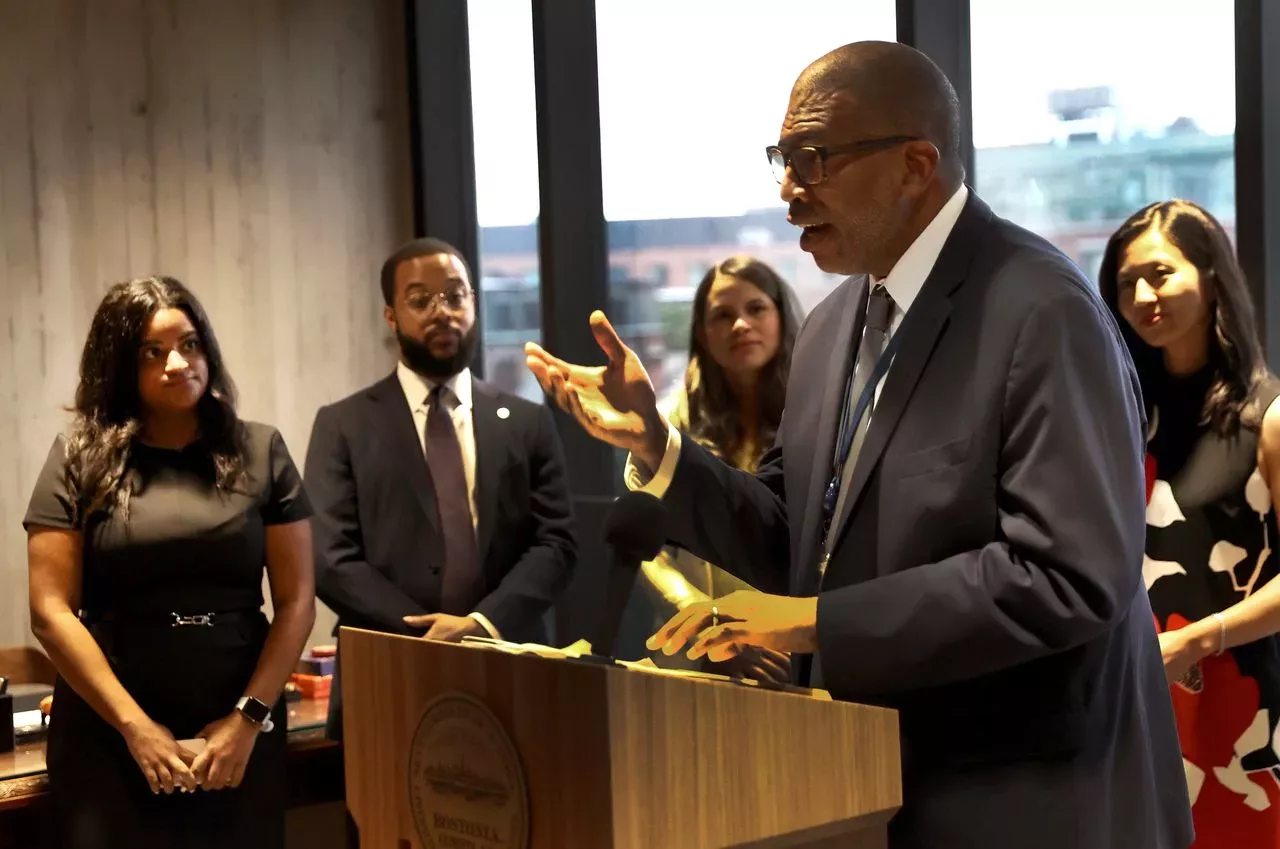Commonwealth Model Workshop meeting illustrates the need for diversity in development

This week, a conference room at the BSA was host to a mix of individuals from Boston and beyond. In attendance at this meeting of the Commonwealth Model Workshop, both virtually and in-person, were BSA staff, architects, city officials, community center leaders, developers, and a lawyer.
Despite their diverging professional experiences, each person was there for the same reason: discussing tools and strategies for extending DEI criteria into the realm of private development.
Steve Crosby, program director at the Civic Action Project (CAP), kicked things off by informing the attendees that they had their work cut out for them. The group aims to build on the “Massport Model,” which grew from development initiatives in Seaport and inspired legislation that required a 25 percent diversity criteria for government development projects.
The idea of DEI requirements in private development raises a myriad of questions, from feasibility to implementation, as well as legal considerations. For now, though, Crosby informed the attendees, they were going to set aside legal issues and delve into a discussion about how such a requirement could potentially be operationalized in a way that could be “tangible, meaningful, practical, and not onerous” for developers and communities.

The Commonwealth Development Model draft began with a series of ideas developed by the CAP and the BSA, under the leadership of previous BSA President Greg Minott AIA. Preliminary suggestions included requiring space in projects dedicated towards community development and making more concentrated efforts to expand the professional pipeline for design jobs. As talks progressed, more community partners have been brought in to the discussion.
The team scored a major victory this summer when the Boston Planning and Development Agency (BPDA) instituted a new policy requiring private developers to disclose the diversity of their project teams for larger projects.
“What they’re doing is taking the biggest step you can take short of mandating,” Crosby said in an interview with the Boston Globe. “Simply by raising it, it will make people think about it. It is bound to have some positive impact, simply by having a disclosure requirement rather than having an approval requirement.”
While the new policy is a step forward, there is still a ways to go.
The group gathered around the table at the September 20 workshop meeting spoke extensively to each other about the significance of avoiding top-down decisions and the history of discriminatory policies that are inspiring their current efforts. Important questions were raised: how should minority participation be measured? Who gets to decide what’s important? What is the definition of “diversity”? And who else should be brought into these conversations?
During the next hour and a half, attendees discussed all these topics and more, naming other goals like bringing back displaced residents to their original communities, expanding coalitions, and more. As the workshop wrapped up, they left the gathering with a reaffirmed commitment to working with communities and brainstorming solutions.

